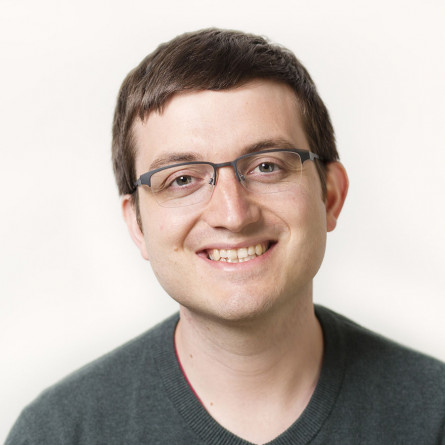
Dear Kerem, you have moved to the University of Bremen a few weeks ago and are now also working in the CRC project B01 - welcome! What topics and tasks will you be working on in the next few months?
Kerem Öktem: As a member of the project on "Mechanisms of social policy diffusion", I will be looking in particular at the development of Turkish social policy. A particular focus of my work will be to understand which causal mechanisms have played a role in the introduction and development of unemployment insurance in Turkey.
After your studies in Bayreuth, you moved to Bilkent University in Ankara. What were your reasons for doing your PhD there?
Already during my studies in Bayreuth, I did an internship abroad at the Turkish Human Rights Foundation (TIHV) and a semester abroad at the Middle East Technical University (METU/ODTÜ) in Ankara. For private reasons, it was obvious for me to stay in Ankara and so I decided to do my PhD at Bilkent University.
There is probably hardly a phase in the career of a scientist in which one can deal with a topic as intensively as during the PhD period. Your dissertation is entitled: "Pathways to universal social security in lower income countries: explaining the emergence of welfare states in the developing world". From your point of view, what was the most important insight you gained?
My dissertation is dedicated to the question of under which circumstances relatively poor countries develop such comprehensive social policies that they can be described as welfare states. What particularly surprised me was that social policy was developed in very different contexts, by governments and regimes of very different kinds. Two of the cases I looked at in detail were Brazil and South Africa. Here, for example, it was shown that in Brazil not only the democratic centre-left governments of the 2000s, but already the right-wing military regime from 1964 to 1985, and in South Africa not only the governments formed by the African National Congress (ANC) in the post-apartheid era, but already governments during the apartheid era expanded social policy for very specific motives.
In 2017, you moved to the University of Bielefeld and worked on the project "How 'Social' Is Turkey"? Can you give an answer to that - how social is Turkey?
The question "how 'social' is Turkey?" in the project title referred to our attempt to understand to what extent a social policy similar to European welfare states has emerged in Turkey. In doing so, we found that in recent decades the main social policy programmes that constitute the modern welfare state, such as an old-age pension or health insurance, have been introduced in Turkey and gradually extended to a large part of the population. In this respect, Turkey is now quite similar to European welfare states. However, if one looks at the details of the programmes, one sees that differences still exist. For example, there is no legal entitlement to basic material security as there is in Germany. If one takes a broader view of the context and sees the European welfare state embedded in the democratic constitutional state, the comparison obviously becomes even more difficult.
Will Turkey remain a focus of your academic work or will your interest shift to another region?
Researching Turkish social policy from a comparative perspective will remain a focus of my work. However, I would also like to turn more to other countries. If I have the time, I will, for example, look at social policy developments in India, which are surprisingly little discussed in international research.
Contact:
Dr. Kerem Gabriel Öktem













